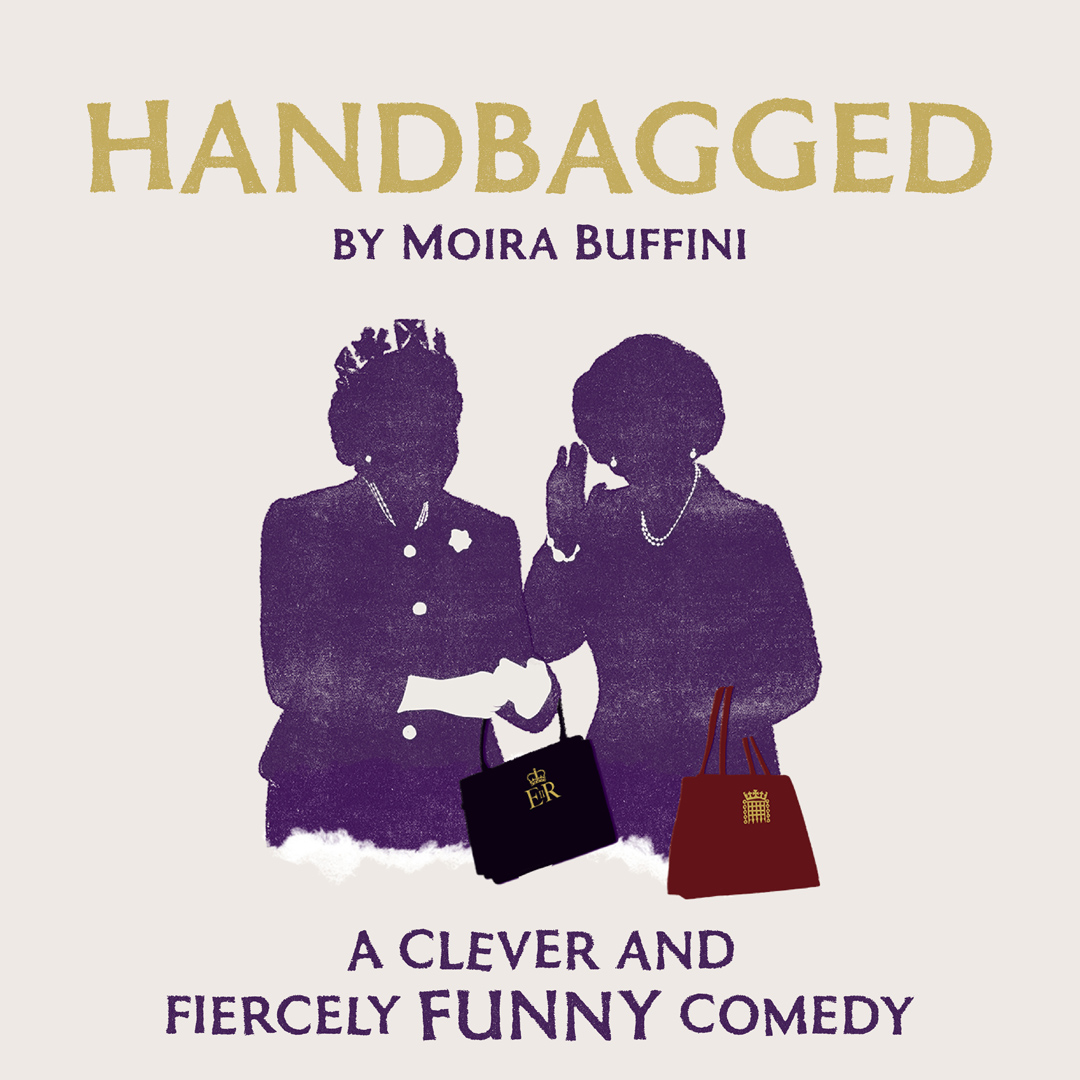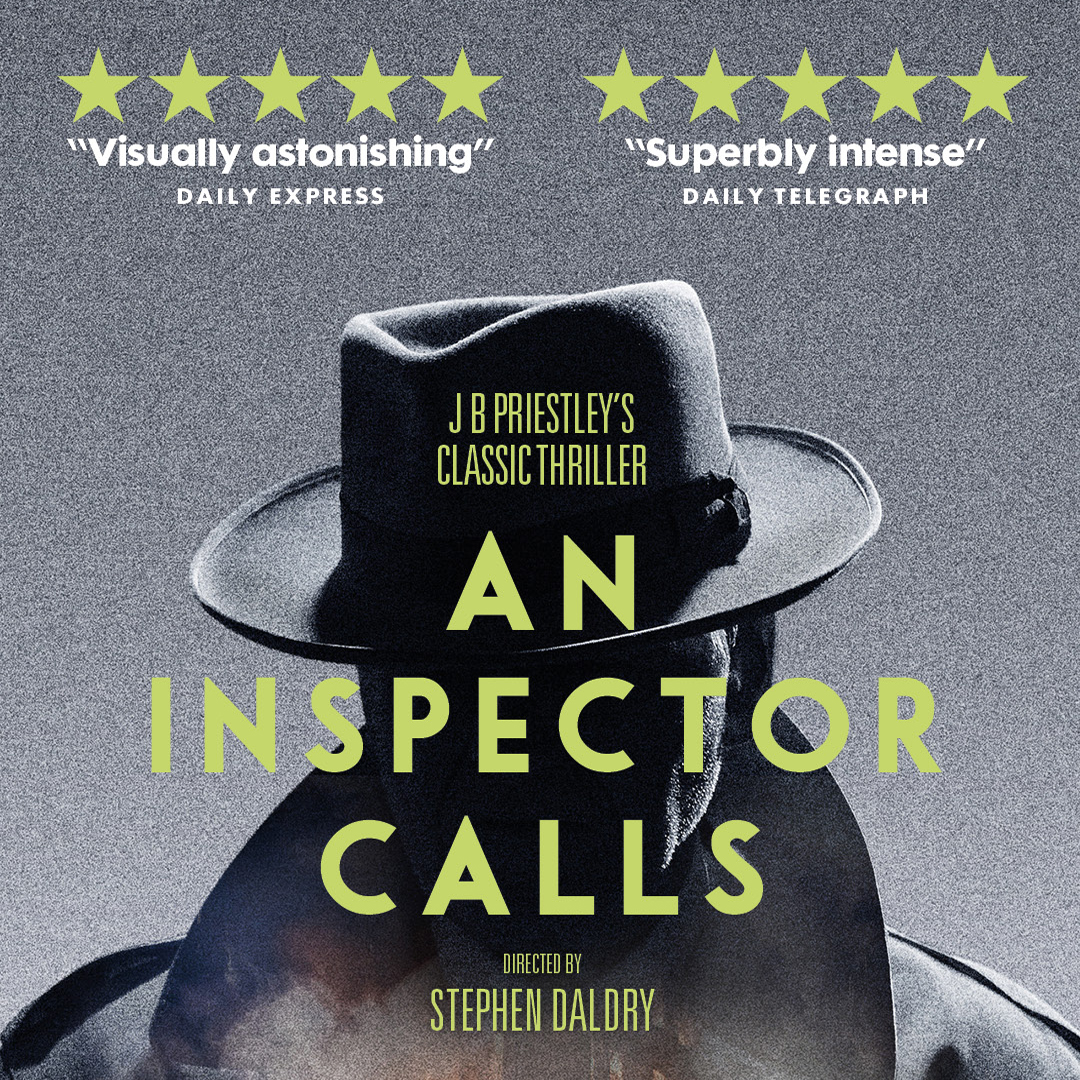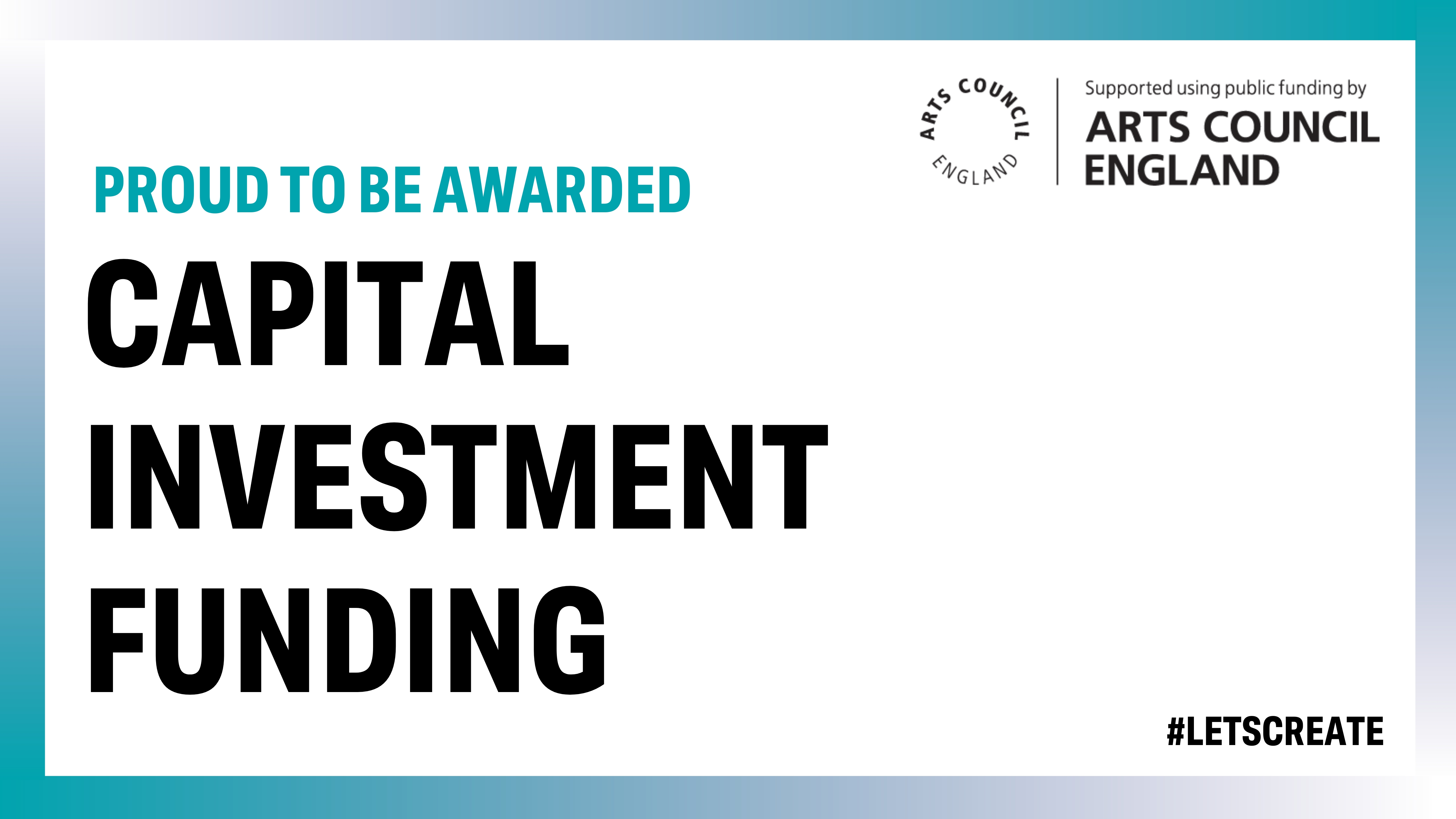
What Makes Humour – Explore With Us
17 min read
Share
We all have a different take on What Makes Humour and what it is. It comes in many approaches, delivery and flavours, of which may appeal to one person but might not go down well with another.
Humour is the tendency of practices to incite laughter and offer laughter. The term originates from the humoral medicine of the ancient Greeks, which taught that the balance of fluids in the human body, known as humours, controlled human health and emotion.
All ages and cultures respond to humour but how we all do is a complicated mix. Your favourite comic can be disliked by friends, family and colleagues.
That’s Not Funny!
How many times have we heard a friend say, ‘that’s not funny’, as you laugh at your favourite comic or scene. Most people can experience humour, they can find amusement, laugh or maybe a small smile at something funny – they have what’s called ‘a sense of humour’. The hypothetical person who ‘lacks a sense of humour’ would find the behaviour or statement, explainable, strange, or even irrational, sometimes crass or derogatory. Ultimately each incident or delivery will be decided by personal taste, to what extent, if at all, to which a person finds something humorous depends on a host of variables, including such things as geographical location, culture, maturity, level of education, intelligence and context.
So you can see why we’re asking ‘What Makes Humour’?
In context, children may favour ‘slapstick’ such as Punch and Judy puppet shows or the Tom and Jerry cartoons, the physical nature of the scene or occasion makes it very accessible to them and simple to follow and understand (cat chases mouse, mouse gets caught, mouse tricks cat, mouse escapes). By contrast, more complex forms of humour like satire require understanding of its ‘social meaning and context’, and thus tend to appeal to a more mature / cultured audience.
What Makes Humour – If you think of comedians on television; Michael McIntyre, Sean Lock, Alan Carr, Jon Richardson, Jimmy Carr they all have a complex difference in their comedy style and delivery? What type of Humour do you have, not sure?
Here we explore What Makes Humour
15 Types of Humour or Comic Expression;
Stand-up
A form of comedy delivery in which a comic entertains an audience with jokes and humorous stories. A stand-up comedian may employ one or more of the types of humour described here. Stand-up favourites here at Blackpool’s Grand have to be Alan Carr, Jason Manford and Dave Spikey.
By Metropolitan Litho. Studio (Library of Congress) [Public domain], via Wikimedia Commons
Farcical
Comedy based on improbable coincidences and with satirical elements, punctuated at times with overwrought, frantic action. (It, like screwball comedy — see below — shares many elements with a comedy of errors.) Movies and plays featuring the Marx Brothers are epitomes of farce. The adjective also refers to incidents or proceedings that seem too ridiculous to be true.
Self-deprecating
Humour in which performers target themselves and their foibles or misfortunes for comic effect. Stand-up comedian Rodney Dangerfield was a practitioner of self-deprecating humour.
Anecdotal
Named after the word anecdote (which stems from the Greek term meaning “unpublished”); refers to comic personal stories that may be true or partly true but embellished. Billy Connelly is just incredible at telling anecdotal stories.
Situational
Humour arising out of every-day situations; it is the basis of sitcoms, or situation comedies. Situational comedies employ elements of farce, screwball, slapstick, and other types of humour. Don’t we all associate at times with Miranda Hart‘s life?
Deadpan/Dry
Delivered with an impassive, expressionless, matter-of-fact presentation. Jimmy Carr, James Acaster or Romesh Ranganathan.
Slapstick
Comedy in which mock violence and simulated bodily harm are staged for comic effect; also called physical comedy. The name derives from a prop consisting of a stick with an attached piece of wood that slapped loudly against it when one comedian struck another with it, enhancing the effect. The Three Stooges were renowned for their slapstick comedy.
Dark (Also know as Gallows/Morbid)
Grim or depressing humour dealing with misfortune and/or death and with a pessimistic outlook. Sean Lock has a great insight to lifes ups and downs and things that irritate him generally.
High/highbrow
Humour pertaining to cultured, sophisticated themes. Miles Jupp performed at Blackpool’s Grand Theatre during a show of Michael McIntyre Comedy Roadshow. Another great is Tom Allen.
Hyperbolic
Comic presentation marked by extravagant exaggeration and outsized characterisation. There has to be no one who compares to Rowan Atkinson.
Ironic
Humour involving incongruity and discordance with norms, in which the intended meaning is opposite, or nearly opposite, to the literal meaning. (Not all irony is humorous, however.)
Irony can be categorised into different types, including: verbal irony, dramatic irony, and situational irony. Verbal, dramatic, and situational irony are often used for emphasis in the assertion of a truth.
Classical irony: Referring to the origins of irony in Ancient Greek comedy, and the way classical and medieval rhetoricians delineated the term.
Romantic irony: A self-aware and self-critical form of fiction.
Cosmic irony: A contrast between the absolute and the relative, the general and the individual, which Hegel expressed by the phrase, “general [irony] of the world.”
Verbal irony: A contradiction between a statement’s stated and intended meaning
Situational irony: The disparity of intention and result; when the result of an action is contrary to the desired or expected effect.
Dramatic irony and tragic irony: A disparity of awareness between an actor and an observer: when words and actions possess significance that the listener or audience understands, but the speaker or character does not; for example when a character says to another “I’ll see you tomorrow!” when the audience (but not the character) knows that the character will die before morning. It is most often used when the author causes a character to speak or act erroneously, out of ignorance of some portion of the truth of which the audience is aware. In tragic irony, the audience knows the character is making a mistake, even as the character is making it.
Droll
From the Dutch word meaning “imp”; utilises capricious or eccentric humour.
A droll is a short comical sketch of a type that originated during the Puritan Interregnum in England.
With the closure of the theatres, actors were left without any way of plying their art. Borrowing scenes from well-known plays of the Elizabethan theatre, they added dancing and other entertainments and performed these, sometimes illegally, to make money. Along with the popularity of the source play, material for drolls was generally chosen for physical humour or for wit.
Epigrammatic
Humour consisting of a witty saying such as “Too many people run out of ideas long before they run out of words.” (Not all epigrams are humorous, however.) Two masters of epigrammatic humour are Benjamin Franklin (as the author of Poor Richard’s Almanack) and Oscar Wilde.
Juvenile/Sophomoric
Humour involving childish themes such as pranks, name-calling, and other immature behaviour. Relating to a person who is overconfident with his or her knowledge despite being uninformed – a classic comedy sketch is Katherine Tate’s – Lauren (meets Tony Blair, Comic Relief).
Mordant
Caustic or biting humour (the word stems from a Latin word meaning “to bite”). Not to be confused with morbid humour (see above).
Parodic
Comic imitation often intended to ridicule an author, an artistic endeavour, or a genre.
Satirical
Humour that mocks human weaknesses or aspects of society.
Questions…
So, what makes humour for you?
Who do you like?
Why do you like them?
Where does their humour fit?
How would you describe your humour?
Blackpool Grand
Take a look at what’s on at Blackpool Grand Theatre this Autumn / Winter 20/21
Blackpool Grand set out a COVID-Community Communication Programme (CCCP) during the Coronavirus pandemic. Our aims were simple, to CONNECT, COMFORT and UPLIFT. We would Connect people by offering tutorials on communication tools like Zoom and conduct community face-to-face meetings (book readings, youth groups and more). Comfort through stories of heritage, memories and storytelling, and to Uplift visitors spirits through laughter and exercise. Please do enjoy and if you can afford to donate please do.
The information in this story is accurate as of the publication date. While we are attempting to keep our content as up-to-date as possible, the situation surrounding the coronavirus pandemic continues to develop rapidly, so it’s possible that some information and recommendations may have changed since publishing. For any concerns and latest advice around COVID-19, visit the World Health Organisation. If you’re in the UK, the National Health Service can also provide useful information and support, while US users can contact the Center for Disease Control and Prevention.



























